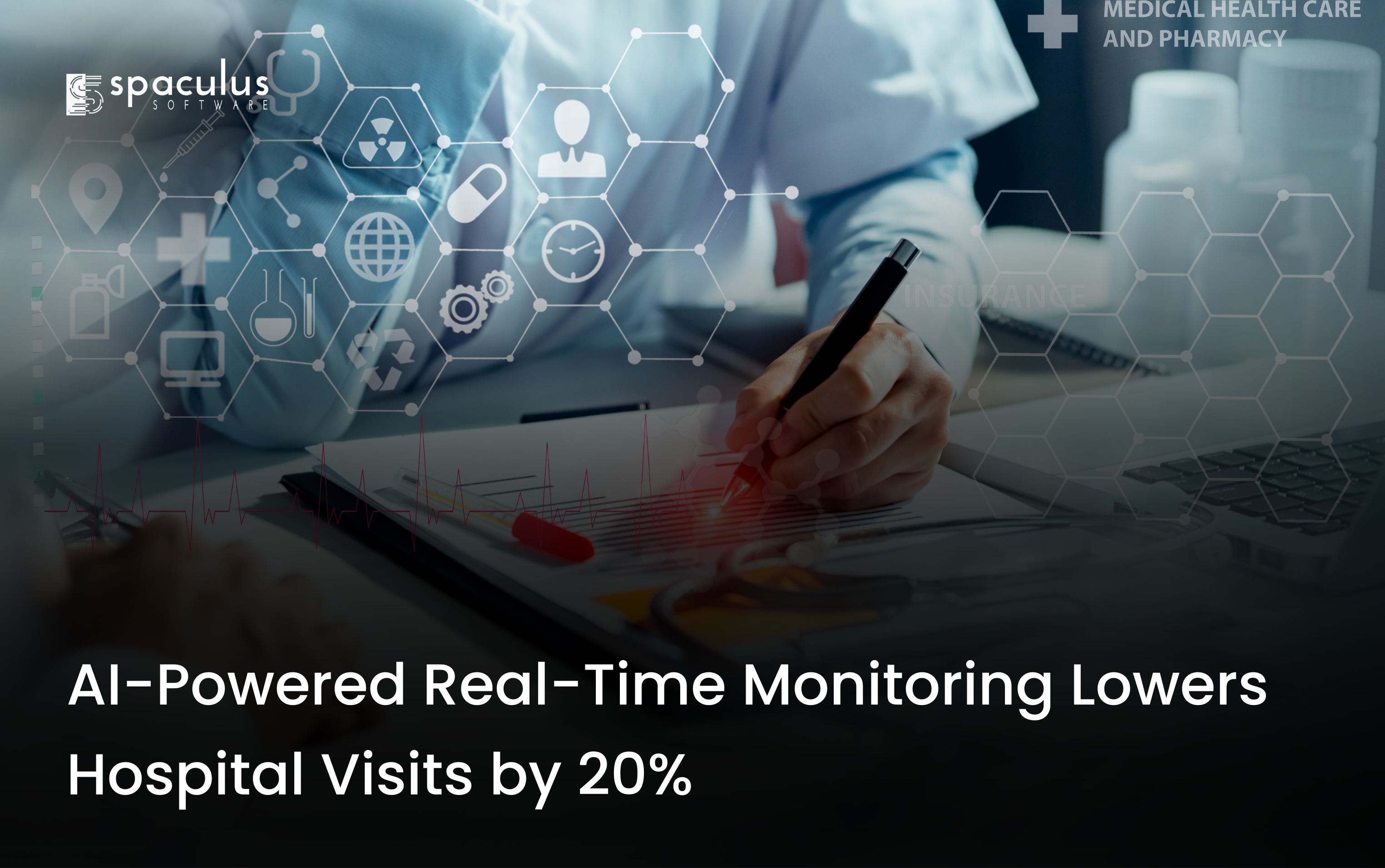
In today’s healthcare landscape, challenges such as overwhelming administrative burdens, fragmented data, and difficulties in patient engagement often hinder the delivery of quality care. These obstacles lead to inefficiencies, preventable errors, and increased costs, putting both patient outcomes and financial stability at risk. Healthcare providers constantly struggle to answer key questions:
Artificial Intelligence (AI) offers answers to these critical challenges. By automating processes, improving data accuracy, predicting patient outcomes, and enhancing patient engagement, AI can transform the way healthcare is delivered. This article delves deep into the ways AI can boost healthcare efficiency, streamline workflows, and deliver better care.
Administrative work, such as scheduling, billing, and documentation, often takes up a significant amount of healthcare providers’ time. A study by the American Medical Association revealed that doctors spend nearly 2 hours on administrative tasks for every hour spent with patients. AI steps in to alleviate this burden by automating repetitive tasks.
Hospitals implementing AI in these processes have seen a 30% increase in billing accuracy and a 25% reduction in claim denial rates, resulting in faster payments and fewer delays.
Effective communication is vital for patient engagement, but it’s often difficult to maintain patient involvement between clinic visits. AI addresses this by providing personalized, 24/7 virtual health assistants that answer patient inquiries, schedule appointments, and provide reminders.
A 2023 McKinsey report found that AI-powered virtual assistants handle 68% of patient interactions, reducing staff workload and lowering no-show rates by 25%, ensuring better patient adherence to treatment plans.
Accurate data entry is critical to patient care, yet manual processes often lead to errors that delay diagnoses and treatments. AI automates data entry into EHR and EMR systems, ensuring accurate and up-to-date information.
A study found that hospitals using AI saw a 43% reduction in data entry errors and a 37% decrease in time spent updating records.
With overwhelming amounts of patient data, making informed clinical decisions can be difficult. AI helps by analyzing this data and providing evidence-based insights that assist healthcare providers in making better decisions.
Billing and claims processing is often a source of frustration for healthcare providers, leading to delays in payments and financial strain. AI automates this process by detecting coding errors, ensuring compliance with regulations, and speeding up claims processing.
Hospitals that use AI in their billing processes report a 30% increase in processing speed and a 25% reduction in claim denial rates, resulting in smoother financial operations.
AI-powered tools enable real-time patient monitoring, both in hospitals and through wearable devices. These tools track vital signs, medication adherence, and other health metrics, providing early warnings when something goes wrong.
Keeping patients engaged in their own care is essential for positive outcomes, yet many struggle to follow treatment plans. AI-driven mobile apps and virtual assistants provide personalized support to patients, helping them stay on track.
According to a 2022 Accenture report, healthcare organizations using AI-powered patient engagement tools saw a 30% improvement in patient adherence.
9. Optimizing Resource Allocation with AI-Driven Scheduling
Efficient use of medical resources—whether staff, equipment, or facilities—is vital in healthcare. Traditional scheduling systems often lead to overbooking, underutilized staff, or idle diagnostic equipment. AI introduces intelligent scheduling by analyzing historical usage patterns, appointment trends, and patient urgency to optimize the deployment of resources.
Predictive Staffing Models: AI can forecast patient influx based on seasonal trends, local events, or flu outbreaks, helping administrators align staff schedules accordingly. This ensures adequate coverage without overstaffing.
Equipment Utilization Planning: Advanced scheduling algorithms allocate diagnostic machines like MRI or CT scanners based on demand predictions, maintenance cycles, and patient priority, reducing wait times and machine downtime.
Dynamic Rescheduling Capabilities: When cancellations or emergencies occur, AI systems automatically reassign appointments to fill gaps, minimizing lost time and keeping daily operations efficient.
Hospitals using AI-based scheduling have reported a 20% reduction in patient wait times and a 15% increase in staff productivity, ultimately enhancing the overall quality of care.
10. Strengthening Cybersecurity and Data Privacy with AI
As digital health records grow and remote care expands, cybersecurity becomes a major concern. Protecting sensitive patient data from breaches and ensuring compliance with privacy regulations are non-negotiable. AI is emerging as a key ally in safeguarding healthcare systems.
Threat Detection and Response: AI-powered systems continuously monitor network activity to detect unusual behavior, such as unauthorized access or data exfiltration attempts. These tools flag threats in real time and trigger automated defense mechanisms before damage occurs.
Adaptive Access Controls: Using behavioral analytics, AI adjusts user access based on context—such as time of day, device type, or location—ensuring only authorized personnel can access specific data. This minimizes insider threats and account misuse.
Compliance Automation: AI tools assist healthcare providers in maintaining HIPAA and GDPR compliance by automatically logging data access and generating audit trails, reducing the burden on compliance teams.
Healthcare organizations implementing AI-enhanced security have reported a 40% faster response time to threats and a 30% reduction in data breach incidents, making patient data protection more proactive and resilient.
AI is more than just a tool for automation—it’s a game-changer in transforming how healthcare operates. From streamlining administrative processes to supporting data-driven clinical decisions, predicting patient outcomes, and enhancing patient engagement, AI addresses many of the inefficiencies that plague the healthcare system.
At Spaculus Software, we specialize in AI-driven solutions that help healthcare providers overcome these challenges. Whether you’re looking to enhance patient outcomes, streamline workflows, or ensure data security, our tailored solutions are designed to meet the unique needs of your practice.
Contact Spaculus Software today to learn how AI can revolutionize your healthcare operations and improve both care quality and efficiency.
Artificial Intelligence Insights and Trends